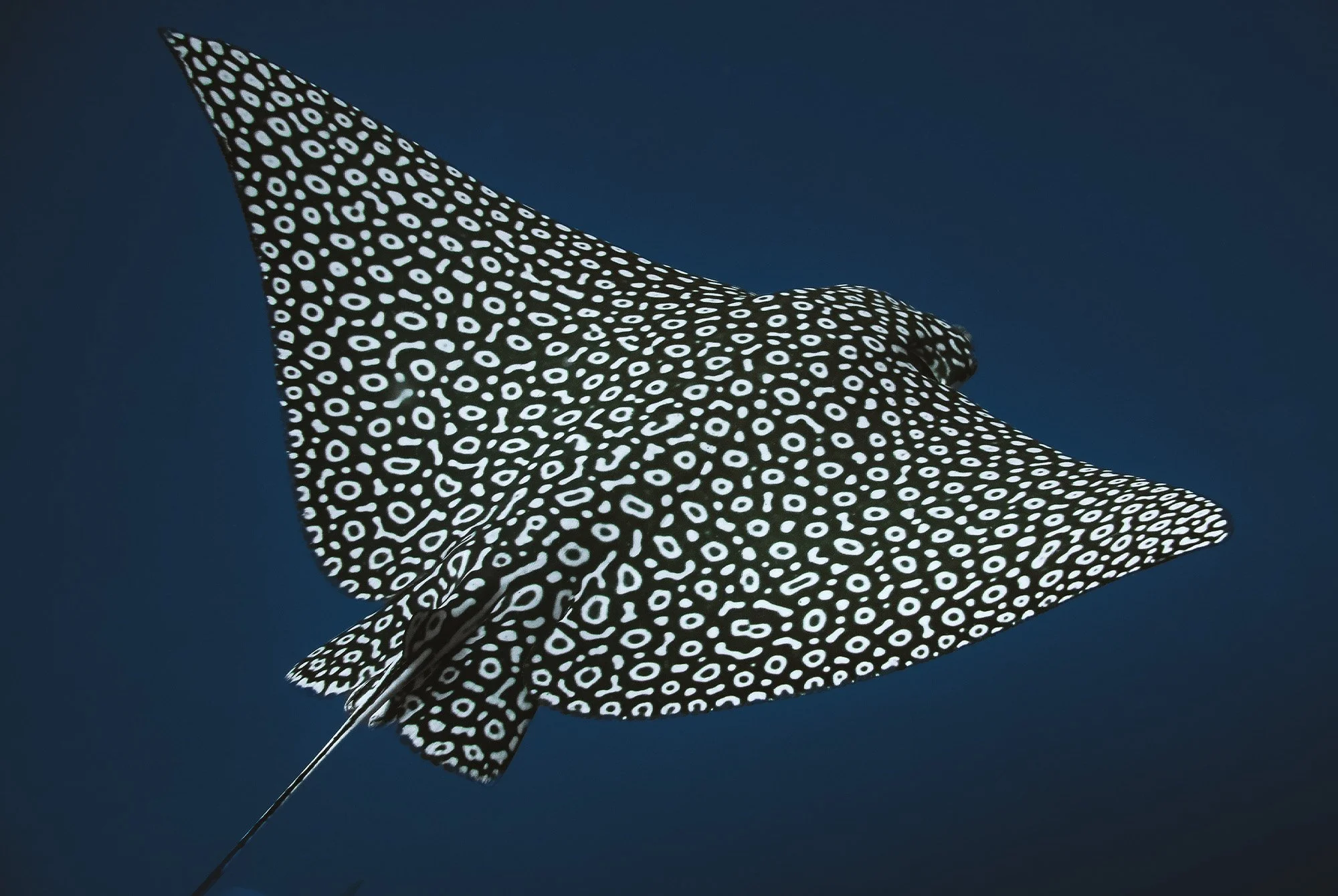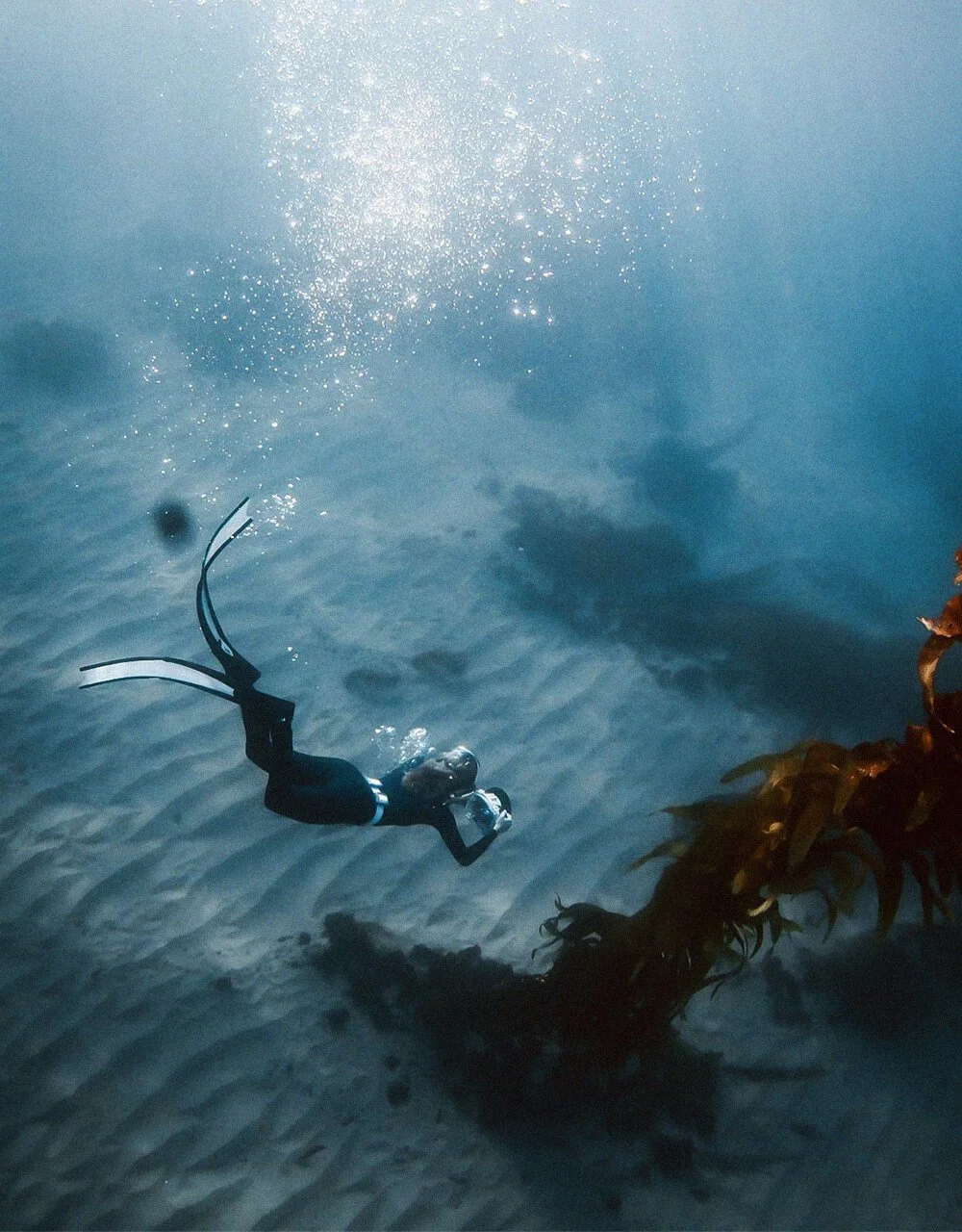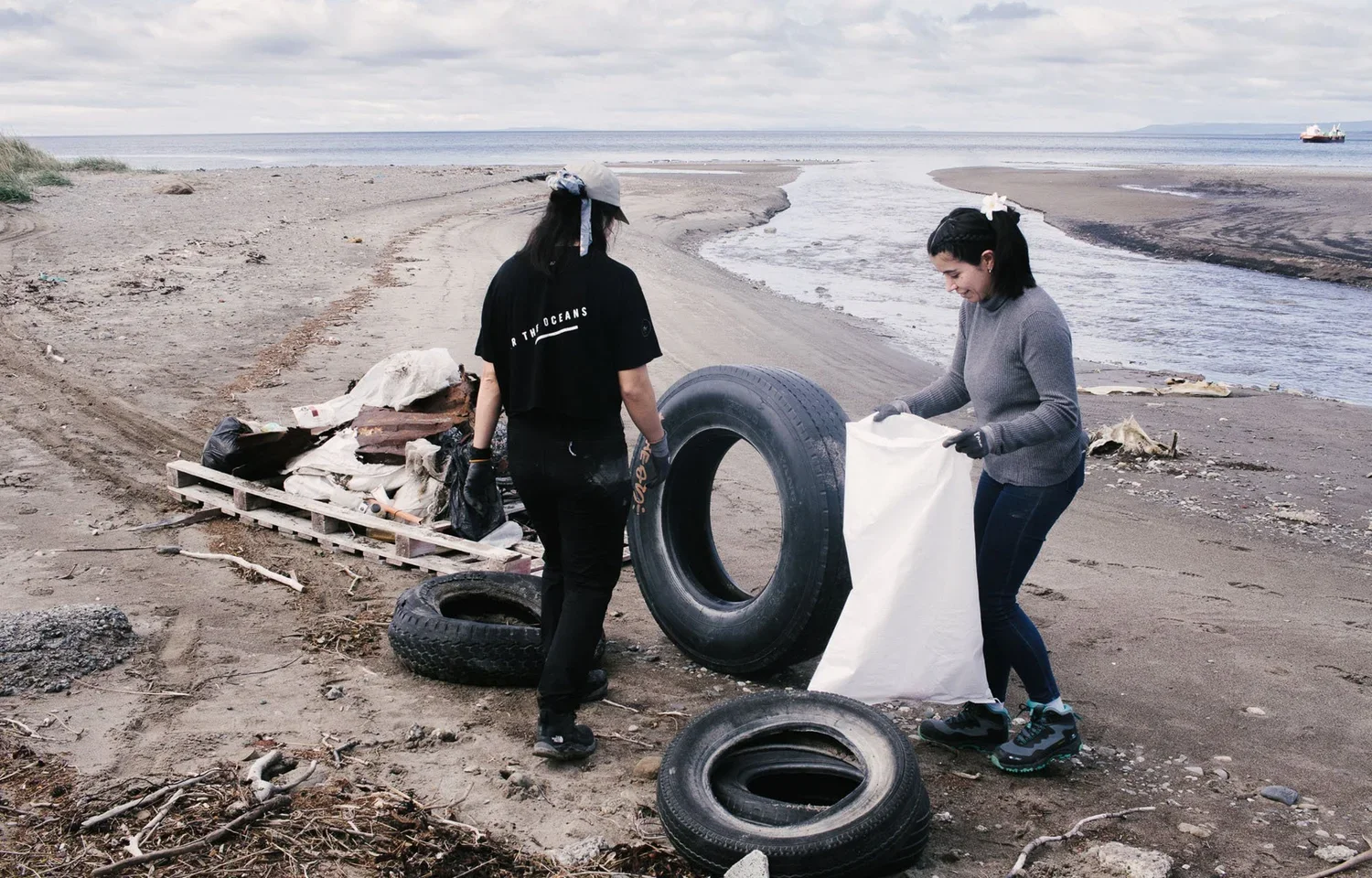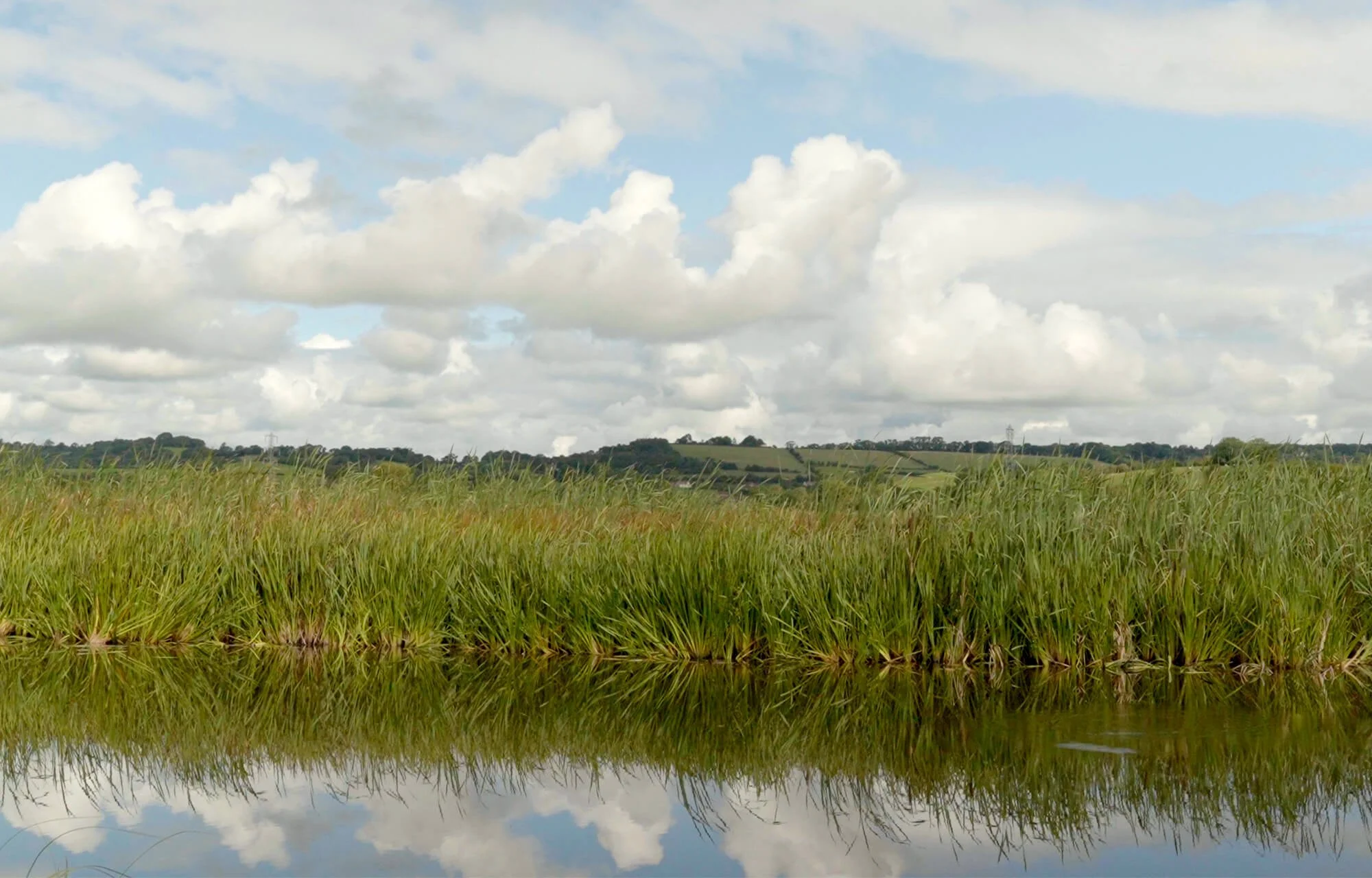CONNECTING ISLANDS AND EMPOWERING YOUTH
Parley youth leaders and ambassadors share ideas between Bali and Palau
Parley believes in the power of youth. Working on projects across the world, we’ve been consistently inspired by the dedication of young people to the ocean cause. Their energy and enthusiasm is a common thread no matter where you go – from student volunteers on the beaches of Chile and the Dominican Republic to Parley Ocean School participants in the Maldives to our politically-engaged Youth Ambassadors in Indonesia.
“You see a totally new generation of activists growing up,” explained Parley founder Cyrill Gutsch in a recent interview with i-D. “They are also having a very strong impact on their parents; they educate. We have a youth ambassador program where we identify youth to fly the flag and work in schools, with governments, with households. The youth are our biggest hope.”
Photography by Arief Budiatna.
As part of our mission to inspire future generations, we gave young Palauan environmental leaders LeahMarie Aliil Bukurou and Zacateca Adelbai the opportunity to attend the Our Ocean conference in Bali. During the event, they met with Parley youth ambassadors from Indonesia, took part in the Youth Leadership Summit, presented key learnings and ideas from Palau and met ocean heroes like Dr. Sylvia Earle. You can see what they got up to in the video above and read their stories below.
Working with our Palauan partner, the Pacific Academic Institute for Research, we also teamed up with the Palau Community College to host a summer camp earlier this year – which combined academic studies with Parley educational activities. LeahMarie, Zacateca and the other students’ research tasks were focused around plastic and the effects on our health, the collection and sorting of various plastics and how island communities can best handle this threat to their livelihoods and ecosystems.
To further link the two island nations, Parley organized an educational beach clean-up and audit in Bali to help share knowledge and techniques. LeahMarie, Zacateca, Parley staff and volunteers joined 96 local students from the Sekola HighScope program on November 1st for a clean-up on Batu Bolong beach. Alongside the beach clean, Camden Howitt from Sustainable Coastlines presented a citizen science workshop with students to collect scientific data from the event, enabling us to better target future plastic prevention initiatives in Bali and beyond.
MEET PALAU’S YOUNG ENVIRONMENTAL LEADERS
LeahMarie Aliil Bukurou
“My name is LeahMarie Aliil Bukurou, I am on my second year at the Palau Community College, and I am majoring in Environmental/Marine Science. I am from the small island nation of Palau, where the people and the ocean are one. When I was a kid, I always loved staying over at my grandma’s house because she lived by the ocean. Every single weekend that I spent at my grandma’s, my siblings and cousins and I would either be in the water or near it. We just loved the big blue clean waters that were always so close by. We would go swimming, just jumping off the dock and into the water, bring our bamboo raft around and take short stroll on the sandflats and find other jumping spots, or we would bring our homemade fishing lines that consists of a simple fishing line wire, weight, and hook wrapped around a glass Kikkoman soy sauce bottle and just throw our lines and see who can catch something. Every other weekend, the boys would join our dads and uncles to go night fishing on their boats with their flashlights. This was one way that family roles and responsibilities were taught and practiced. Times have changed so much since then.
Today, I don't see the same youthful, ocean loving spirit that I had in my young nieces, nephews, and cousins. When we talk there is a phone or tablet between us and they don't want to go outside to play. The dock is quiet and still, our old bamboo raft is slowly decaying from nonuse, and the only time that I see a Kikkoman soy sauce bottle near the water, is when it is lost in it, floating with the currents with so much other man-made littered by people. The most common liter I see is plastic, this non-biodegradable being is very harmful to marine life and lives for so long. Marine animals trust the ocean for their food and habitat, but with the plastic animal in the water, these animals easily confuse them for food and they consume them. The plastics stay in their system and slowly and painfully take their life. When we catch these marine animals for our consumption we eat the all the accumulated plastic. This is very bad for both the marine animals and us. Our organized cleanups, research on marine animals and POPs; with awareness campaigns help to raise my peoples blood to action to bring back my childhood memories of clean, clear oceans as our provider.”
Zacateca Adelbai
“My name is Zacateca Adelbai and I come from the Republic of Palau, a small island country of the Pacific region. I grew up surrounded by the ocean, and the ocean was most of what I knew about the world. My family farmed and fished all their lives and that was all they knew about the world, of course until our islands were introduced to imported foods. Tourism began to flourish in Palau quickly, which demanded so much infrastructure development. With all this development I see so many changes, both good and bad – changes to our people of the islands, physical, yet more on the mentality. These impacts are what I have been studying in my young career as a liberal arts major in college, working with Pacific Academic Institute for research.
We all know the importance of the ocean, how important it is to current medical research, and we think it will always be there. The ocean is vast, deep blue and almost unending in our island mind and it seems like it’s always going to exist. We always take the ocean for granted but it is one the world’s greatest natural providers. This concept is also beginning to be taken for granted by our local island communities, and this makes me sad, especially as I feel I may be one of the few in my generation that grew up without the technological influence brought by the Western culture. I hope there are more of us out there to help to change peoples mindset.
I began to engage myself in environmental studies, which led me to assisting in local research projects on marine biodiversity, conservation, dangers of plastics and air pollution. What I hope to achieve from all of this experience is to keep myself involved, and to develop a better idea on what actions can be done to end pollution in the Pacific. I was taught to never take for granted what I had, and to cherish it before it disappears. I just hope I can teach the same to the people of Palau, and everywhere else in the world.”

















